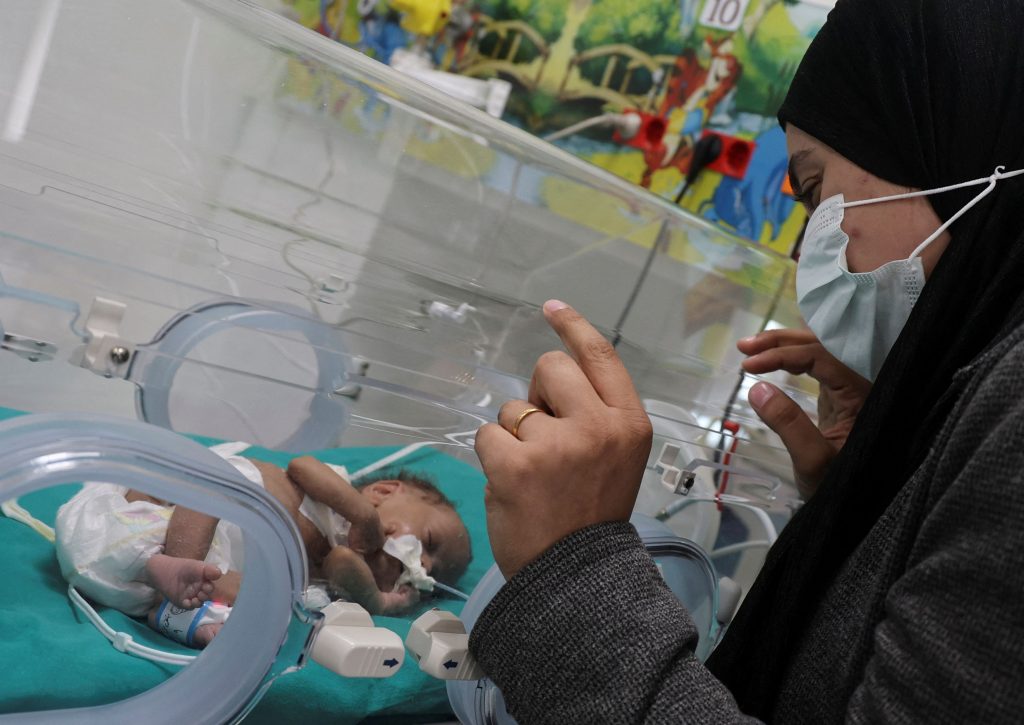A recent survey conducted by Statista, as part of its Consumer Insights report, revealed that 32 percent of people in Poland had little confidence in the safety of vaccinations, the highest among the countries included in the report.
Meanwhile, in Greece, according to a 2022 survey by Focus Bari YouGov, the highest percentage of vaccine sceptics, reaching 15%, was surprisingly found in the age group between 25 and 34 years old, while overall, the percentage of those refusing or hesitating stood at 17%.
Notably, as the Focus Bari survey revealed, the younger age groups up to 44 years old exhibited the highest percentages of hesitancy, while a consistent proportion of “sceptics” is found across all age groups. The majority of vaccine sceptics (15%) and hesitant (13%) are in the age group of 25-34 years, while among those over 55 years old, the refusal rates are 8%, and hesitancy rates are 5%.
European Chart Shows Widespread Vaccine Hesitancy
Across Europe, a notable lack of trust in the safety of immunizations is evident, with Austria and France registering approximately a quarter of “doubters” about vaccine safety, followed closely by Germany where just over one in five respondents share similar concerns. Conversely, Spain and the United Kingdom exhibit higher levels of confidence in the safety of vaccines.
The ratio of vaccinated/positive individuals opting for the vaccine among Greeks showed a steady increase from January to October 2021. However, it remained stable/marginally increasing in the three latest measurements, with the slight increase mainly coming from older age groups.






